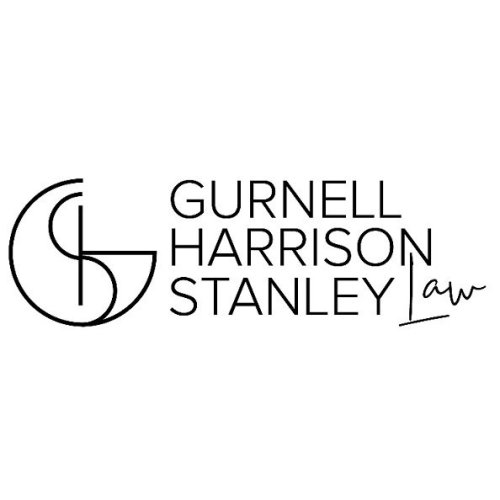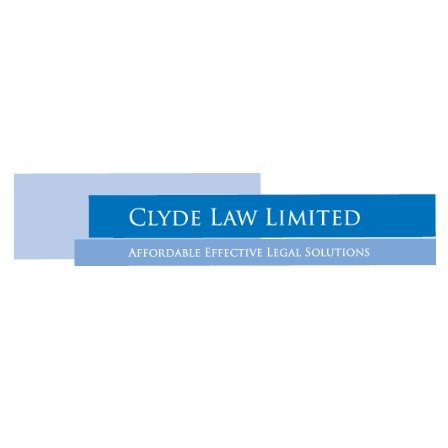Best Land Use & Zoning Lawyers in Hamilton
Share your needs with us, get contacted by law firms.
Free. Takes 2 min.
Free Guide to Hiring a Real Estate Lawyer
List of the best lawyers in Hamilton, New Zealand
About Land Use & Zoning Law in Hamilton, New Zealand
Land Use and Zoning laws in Hamilton, New Zealand, govern how land within the city's borders can be used and developed. These laws ensure that urban growth is managed, environmental standards are upheld, and property use aligns with long-term planning strategies. Hamilton's District Plan outlines these regulations, which support sustainable urban development, protect natural resources, and facilitate community engagement in planning decisions.
Why You May Need a Lawyer
Engaging with Land Use & Zoning laws in Hamilton can be complex, especially for those unfamiliar with legal jargon or regional planning protocols. You may need legal assistance in several situations, such as when you are planning to develop or subdivide land, facing opposition from neighbors or municipal authorities to your property plans, or needing to understand compliance requirements with the District Plan. Legal experts can also help navigate appeals, provide representation in disputes, and advise on consent requirements and application processes.
Local Laws Overview
The Hamilton City Council enforces the District Plan, which encompasses various zoning regulations, including residential, commercial, industrial, and rural zones. Zoning laws detail what activities can occur in specific areas, the building requirements, and the types of businesses permitted. Local laws also include resource management considerations under the Resource Management Act (RMA), which provides a framework for maintaining and utilizing natural resources sustainably. Compliance with these laws ensures that land use aligns with the community’s interests and environmental sustainability.
Frequently Asked Questions
What is zoning, and why is it important?
Zoning classifies land into different types, such as residential, commercial, and industrial, dictating what activities are permissible in each area. It is essential for organized urban development, preserving property values, and ensuring community harmony.
How can I find out what my property is zoned for?
You can find your property's zoning information through the Hamilton City Council's online geographical information service (GIS) or by contacting the council directly.
Can I change the zoning classification of my land?
Changing your property's zoning classification involves applying for a plan change with the Hamilton City Council. This process requires demonstrating the need for change in line with community plans and strategic goals.
Do I need a resource consent for my project?
Whether you need a resource consent depends on the nature of your project and its compliance with existing zoning regulations and environmental standards. Complex projects, or those with significant environmental impacts, typically require consent.
What are the costs involved in seeking legal advice on zoning matters?
The cost of legal advice can vary depending on the complexity of your case and the lawyer's fees. Some firms may offer a fixed rate for standard services, while others may charge hourly.
How long does it take to resolve zoning disputes?
The duration of resolving zoning disputes can vary widely. Some cases may resolve in a few months, while others may take years, especially if they proceed to a court appeal.
Can I appeal a council decision on land use?
Yes, you can appeal a decision made by the Hamilton City Council to the Environment Court if you believe it adversely affects your rights or interests.
What roles do regional plans play in zoning?
Regional plans provide guidance on how to manage natural resources across a broader area and ensure activities within local zones comply with larger sustainability and community goals.
Are there environmental considerations in zoning laws?
Yes, environmental considerations are integral to zoning laws, ensuring that development does not adversely affect natural resources, complies with sustainability goals, and aligns with the Resource Management Act.
How can community members participate in zoning decisions?
Community members can participate in zoning decisions by attending public meetings, providing feedback during consultation periods, and engaging with local council proposals and planning documents.
Additional Resources
For more information and assistance, you can consult resources like the Hamilton City Council Planning Department, the New Zealand Planning Institute, or the Environmental Protection Authority. These organizations offer guidance, resources, and, in many cases, direct assistance for those navigating zoning and land use issues.
Next Steps
If you need legal assistance with Land Use & Zoning in Hamilton, consider consulting with a lawyer who specializes in these fields. Begin by gathering all necessary documents related to your property and understanding your specific needs and concerns. You may reach out to local law firms, seek recommendations, or contact the New Zealand Law Society for guidance. Having expert legal counsel can help you navigate these complex regulations and ensure your property goals align with local laws and community expectations.
Lawzana helps you find the best lawyers and law firms in Hamilton through a curated and pre-screened list of qualified legal professionals. Our platform offers rankings and detailed profiles of attorneys and law firms, allowing you to compare based on practice areas, including Land Use & Zoning, experience, and client feedback.
Each profile includes a description of the firm's areas of practice, client reviews, team members and partners, year of establishment, spoken languages, office locations, contact information, social media presence, and any published articles or resources. Most firms on our platform speak English and are experienced in both local and international legal matters.
Get a quote from top-rated law firms in Hamilton, New Zealand — quickly, securely, and without unnecessary hassle.
Disclaimer:
The information provided on this page is for general informational purposes only and does not constitute legal advice. While we strive to ensure the accuracy and relevance of the content, legal information may change over time, and interpretations of the law can vary. You should always consult with a qualified legal professional for advice specific to your situation.
We disclaim all liability for actions taken or not taken based on the content of this page. If you believe any information is incorrect or outdated, please contact us, and we will review and update it where appropriate.

















